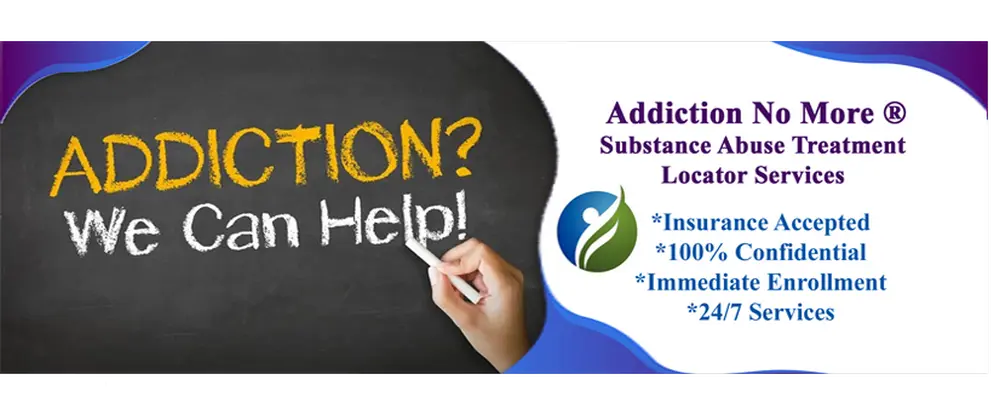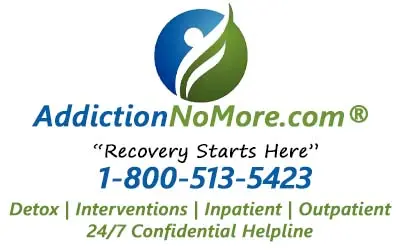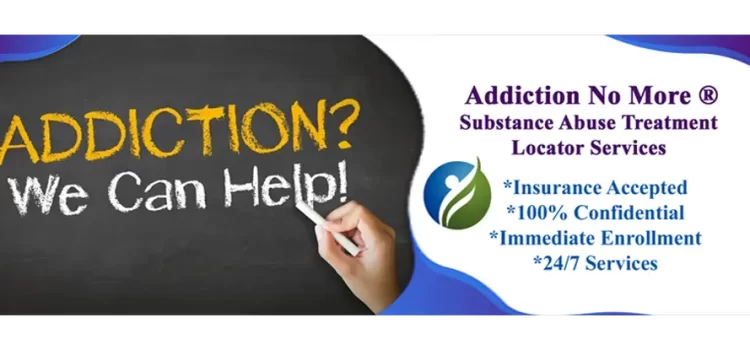Can Addiction be Cured?
Drug addiction can be treated, but it takes lots of hard work. With addiction being a progressive, chronic disease, most people can’t just stop using it for a few days and be cured. Most people who find themselves addicted to drugs or alcohol, need long-term or repeated attempts, at rehab to stop the vicious cycle of addiction. Addiction treatment was designed to help the individual do the following:
*Stop the use of drugs or alcohol
*Stay drug and alcohol-free
*Be productive in life family and society
*Restore the body to its original working design
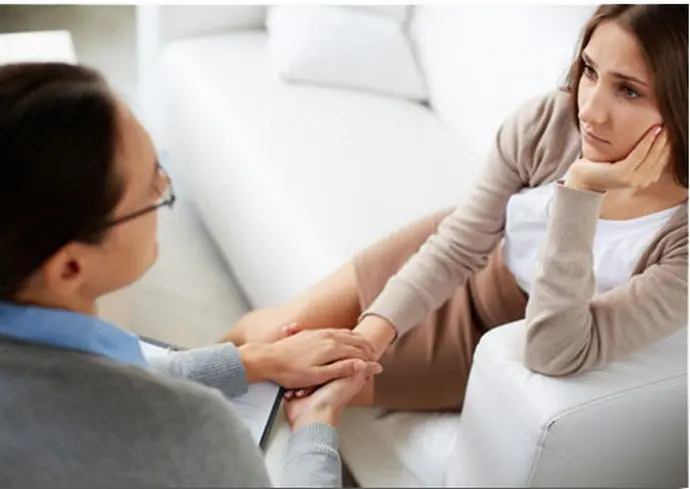
Key Principals for an Effective Drug Addiction Rehab Center
Based on scientific research or the ’70s some key principles should form the foundation for effective drug rehab*Addiction is a treatable disease that affects the brain’s functionality and behaviors.
*Staying in treatment for the duration of the program is crucial to success.
*No single treatment style is right for everyone
*People need to have quick access to treatment options
*For treatment to be effective, it needs to address the addicted person’s needs not just the drug or alcohol usage.
*Behavioral therapy and counseling are the most commonly used forms of treatment
*Medications can be useful if needed especially when combined with therapy.
*Treatment must be reviewed and modified weekly to ensure that the client’s needs are being handled.
*Treatment does not need to be voluntary to be effective
*Treatment should look for other mental disorders that have gone undiagnosed.
*Drug use during treatment should be checked and monitored randomly at the discretion of the center.
*Medically assisted detoxification is only the first phase of treatment and is not meant to be a complete addiction treatment.
(Treatment programs should do a full blood work makeup to determine if the client has contracted HIV/AIDS Hepatitis B and C and any other infectious diseases. Teach them so they can take steps to reduce their risks of contracting a disease.
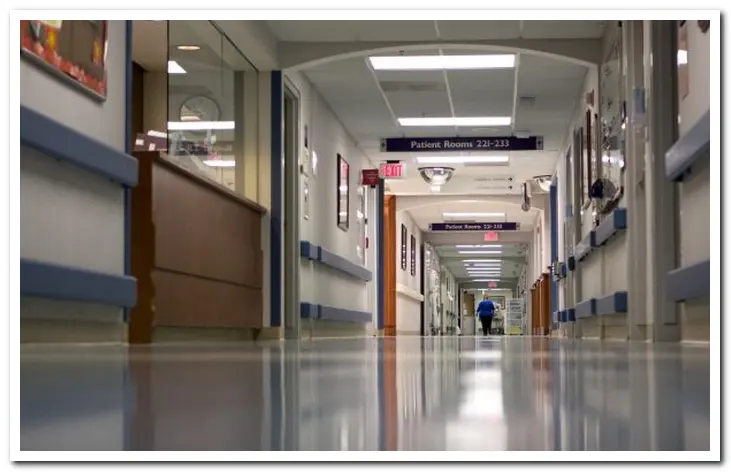
To ensure that you are going to a successful program to handle your addiction, there are a few guidelines to help.
Successful treatment has several steps:
*Detoxification: Usually a medically assisted detox process to help the body and brain rid itself of harmful chemicals or drugs.
*Behavioral counseling
*Group therapy
*One-on-one therapy
*Evaluation and treatment for underlying mental conditions such as depression or anxiety.
*Relapse prevention classes
*Aftercare set up and planning to ensure a seamless transition from the center to the home environment.
The use of medications in addiction treatment should be added to the treatment plan if it is needed for:
*Relapse prevention: Patients can use medications to help the brain re-establish normal brain function and decrease craving brain impulses. There are medications available to treat opioid addiction (heroin and prescription painkillers), alcohol, and tobacco. Recent research and development are laying the way for medications that will soon be used in the treatment of stimulant abuse (cocaine, methamphetamine) and Cannabis or Marijuana addiction. People who are cross-addicted (use more than one drug) need to receive treatment for all the drugs that they use.
*Co-occurring mental health conditions: treatment for mental health, as well as addiction treatment, can be the key for anyone who is feeling depression or anxiety.
Behavioral therapies help addicts: modify their attitudes and behavioral traits related to drug usage
*Increase and support healthy life skills and choices: Accompany other forms of treatment including medications. Clients and patients can receive treatment in many different therapy approaches and in different settings to ensure a well-rounded program.

These programs offer a variety of behavioral techniques:
*Multidimensional family therapy: originally developed for adolescents with drug abuse problems as well as their families, addresses a wide range of potential drug abuse influences and drug abuse patterns to improve family interaction and functionality.
*Cognitive behavior therapy: CBT Helps the individual identify to avoid and cope with situations that would normally lead them to use drugs or alcohol.
*Motivational interviewing: helps make the most of the individual’s readiness and willingness to enter a treatment facility.
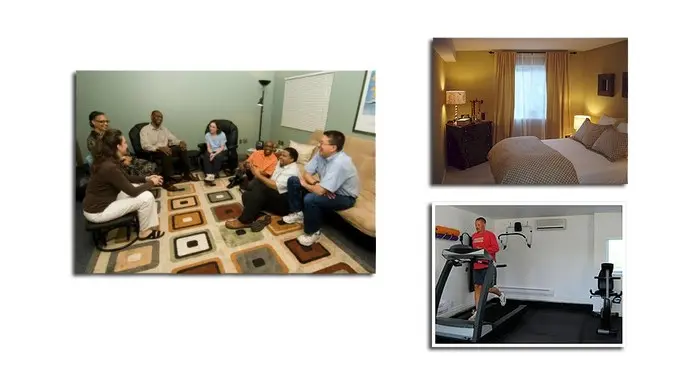
Therapeutic communities: Highly structured housing focusing on continued treatment and support typically for 6-12 months. The community acts as a check and balance system to ensure continued treatment and the following of the house rules and regulations. Great for the person looking for a fresh start in a new community or even those looking for more stable housing and treatment in their neighborhoods.
Residential and Inpatient Treatment Programs: These highly structured inpatient treatment programs are quite effective in treating addiction, especially for those who have a more severe problem. Licensed residential treatment centers offer an environment that is withdrawn from the pressures of life, with 24-hour care and supervision. Residential treatment programs can offer a variety of treatment options and therapy models and are typically tailor-made to fit the individual’s needs and wants. The typical residential addiction treatment center offers 30- 90 day stays and aftercare.
Recovery and Halfway Housing: Recovery housing provides a short-term housing option for those transitioning from an inpatient treatment program or for someone undergoing outpatient therapy. These housing programs offer help in getting your finances in order, helping you seek These highly structured treatment programs are quite effective in treating addiction, especially for those that have a more severe problem. Licensed residential treatment centers offer an environment that is withdrawn from the pressures of life, with 24-hour care and supervision. We can help you locate a halfway house today.
